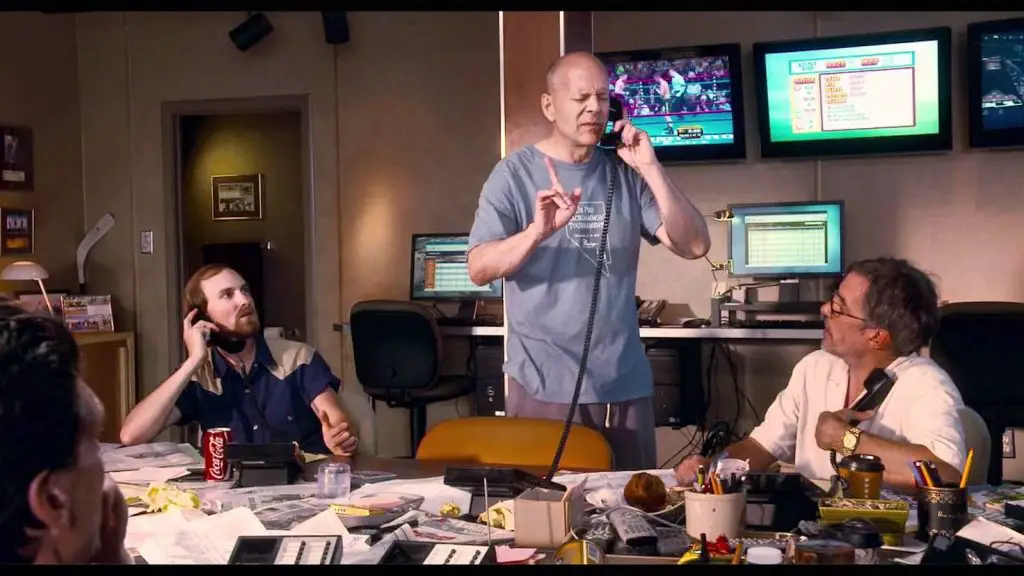
In his directorial debut “Fish Without a Bicycle” (2003), Brian A. Green (or Brian Austin Green as most “Beverly Hills 90210” watchers would recall) ambitiously tracks the joys and frustrations of a young woman uncertain in love. Jules (Jenna Mattison, who wrote the screenplay) leaves Danny (Brad Rowe) the perfect fireman for Michael (Bryan Callen) the sexy theater director; meanwhile her interactions with co-star Ben (Green) are too fun for platonic limits. Jules’s best friend Vicki (Jennifer Blanc) is there for moral support, and as the film reveals, the two friends have some issues of their own to address.
“Fish Without a Bicycle” bears characteristics of a romantic comedy, but the film ultimately focuses on other matters. Green and Mattison utilize Jules’s love troubles as a springboard for a much broader problem. Jules does not know what to do with her life; she is having profound “Why” questions regarding her purpose. There is nothing wrong with a relatively agreeable female protagonist seeking a more complete romance as well as her own sense of self, but Green’s presentation and development of it is shaky. Not only does it take a solid thirty to forty minutes before the audience grows to like any of the characters or even care about Jules’s situations, but one ends up more interested in the lives of Danny, Michael, and Ben (collectively they have less screen time but perform better than Mattison).
In terms of tone, the film is mostly mopey interspersed with moments of hilarity. While Mattison’s portrayal of Jules is humorous enough to make the viewer smile occasionally, Callen outshines her. The audience reacts immediately with solid bouts of laughter to his posture, voice, and line-delivery method. The jokes come so naturally to him that even Blanc’s acerbic one-liners impress you as too planned. The comedy is overall present but the romance is secondary.
Given the episodic nature of the film’s organization, Jules’s monotone voice-overs, and the over-arching theme of search for self, “Fish Without a Bicycle” “watches” like a TV show. A name change may be necessary, but Green’s film would be ideal primetime line-up for 20 to 30somethings like Bravo’s “Significant Others” (only without the sitting-on-couch-and-talking-to-camera bit).
